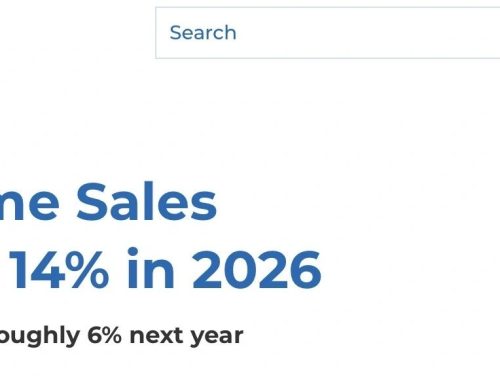Do the Presidential Elections Influence the Real Estate Market in Southeast Florida?
As each election cycle rolls around, many start to wonder: Do presidential elections really have an impact on the real estate market, especially in dynamic regions like the Pompano Beach Real Estate market in Southeast Florida? The answer is yes, but the influence can vary in complexity and depends on multiple factors, including economic policies, consumer confidence, and foreign investment trends. Here’s a closer look at how presidential elections affect the real estate market in Pompano Beach and Southeast Florida.
1. Uncertainty and Buyer Behavior
Election periods, especially presidential ones, bring a degree of uncertainty. Buyers may pause or delay major financial decisions, including purchasing a home, until after the election is decided. The reason? Market stability often correlates with political stability, and potential buyers and investors may want to see if new policies might impact their finances, taxes, or housing affordability. In Southeast Florida, where both primary residences and vacation homes are in high demand, even a slight hesitation from buyers can lead to slower sales or price adjustments.
2. Changes in Economic Policy
The direction of economic policies set by a new administration can have immediate implications for real estate. Policies on tax rates, interest rates, and job creation often impact homebuyers’ ability to finance or maintain their property. For instance, changes in income tax policy may affect discretionary income, potentially impacting people’s ability to buy second homes in Florida. Policies encouraging economic growth and job stability, meanwhile, tend to foster greater buyer confidence, which can drive up demand and prices in Southeast Florida’s real estate market.
3. Interest Rates and Housing Affordability
The Federal Reserve’s monetary policy is technically independent of the presidency, but it’s worth noting that presidential administrations may influence economic conditions that indirectly shape interest rate trends. If an election is followed by a more inflationary economic policy, the Federal Reserve might raise interest rates, affecting mortgage rates. Higher interest rates mean higher borrowing costs for homebuyers, which could temper demand in Southeast Florida’s real estate market. Conversely, a reduction in interest rates could fuel the demand for both primary and investment properties in the area.
4. Foreign Investment and Immigration Policies
Southeast Florida is a hotspot for international buyers, especially from Latin America, Europe, and Canada. Political changes, particularly those affecting immigration and foreign investment policies, can significantly influence the real estate market in this region. If new policies make it easier for foreign nationals to invest in U.S. real estate, Southeast Florida is likely to see a surge in demand. On the other hand, more restrictive policies may reduce the influx of international buyers, impacting the market.
5. State and Local Factors
While presidential policies play a role, state and local factors are equally influential. Florida’s favorable tax policies, particularly for high-net-worth individuals, have attracted many buyers from higher-tax states. Even during an election cycle, Southeast Florida’s tax advantages remain a strong incentive, sometimes insulating the region from larger political shifts. Local infrastructure projects, property tax rates, and development regulations also help shape the market, often independent of federal elections.
6. Consumer Confidence and Market Sentiment
Real estate markets often reflect broader consumer confidence trends. Presidential elections, especially contentious ones, can impact the public’s optimism or caution toward making big purchases. A presidential win perceived as favorable to business might create a spike in consumer confidence, leading to increased real estate transactions. On the flip side, a contentious election result or policy uncertainty may leave some potential buyers on the sidelines, waiting to see how the new administration’s policies might play out.
7. Demand for Vacation Homes and Remote Work Trends
Since the COVID-19 pandemic, demand for second homes and remote work-friendly locations has surged. Depending on post-election policies related to the economy, health, and travel, demand for vacation properties and remote-work locations like Southeast Florida could fluctuate. If a presidential administration is perceived as supportive of work-from-home policies or infrastructure, Southeast Florida could continue to see an influx of buyers looking to make the area their primary or secondary home.
Summing it all up
The presidential election is just one of many factors that influence the Southeast Florida real estate market, but it’s one that buyers, sellers, and investors often watch closely. While elections bring an air of uncertainty, Southeast Florida’s unique appeal, tax advantages, and role as a global destination for real estate tend to keep it resilient. For buyers and investors, working with a local real estate expert who understands both the national and local factors can provide a clearer picture of the market’s direction, regardless of election outcomes.
If you’re looking to buy or sell in the Southeast Florida area and want expert guidance in navigating this ever-evolving market, contact Pompano Beach Realty at 954-505-6000.
Search for Pompano Beach Real Estate below







